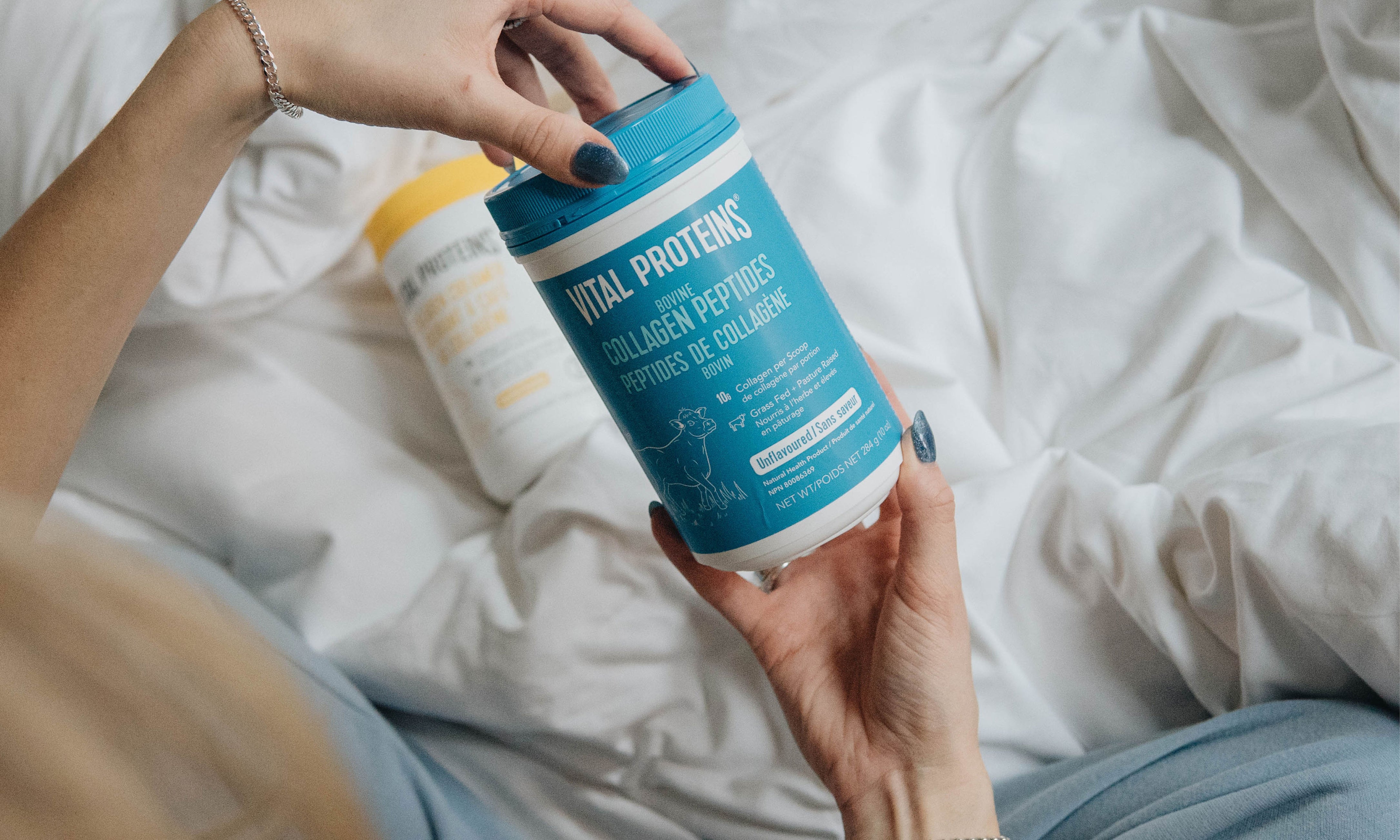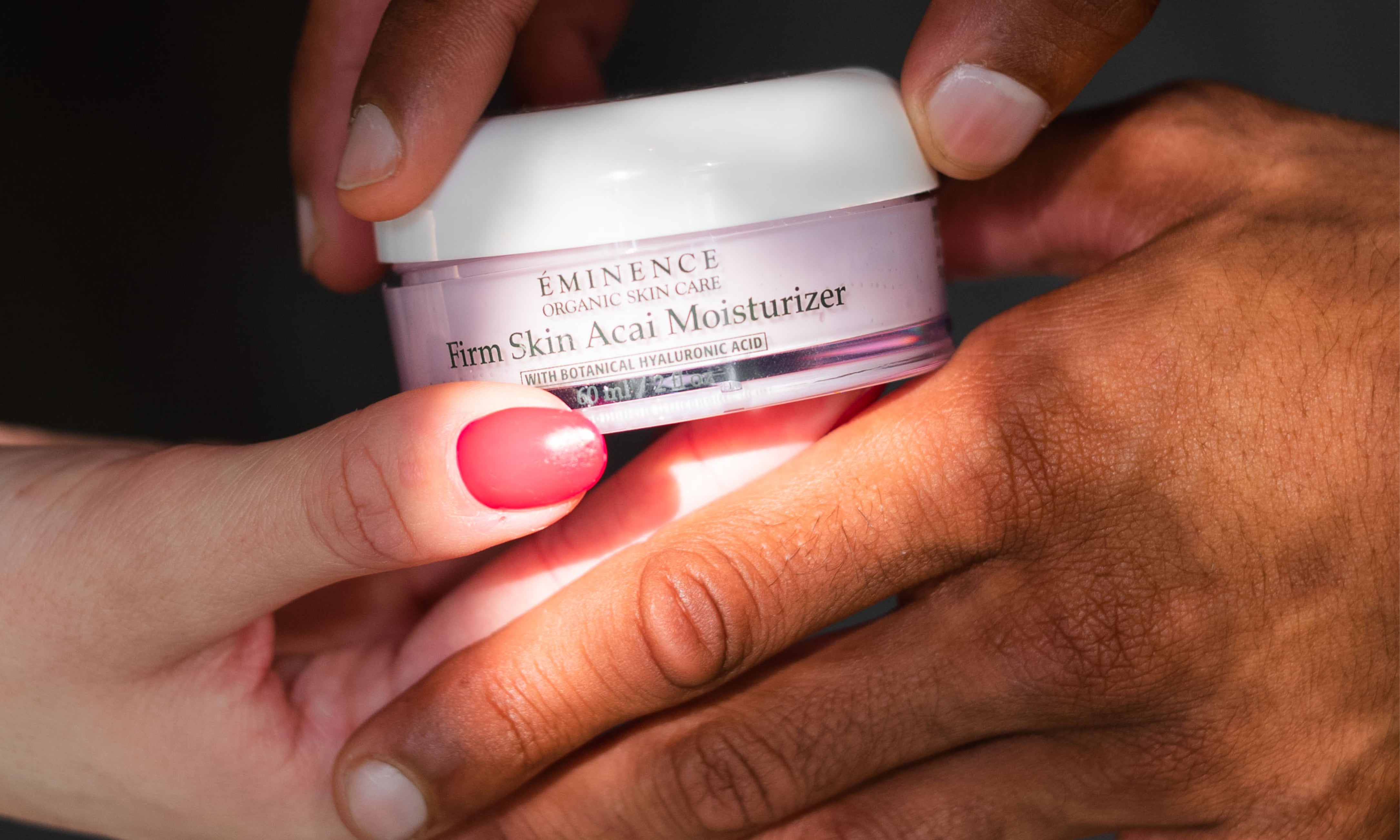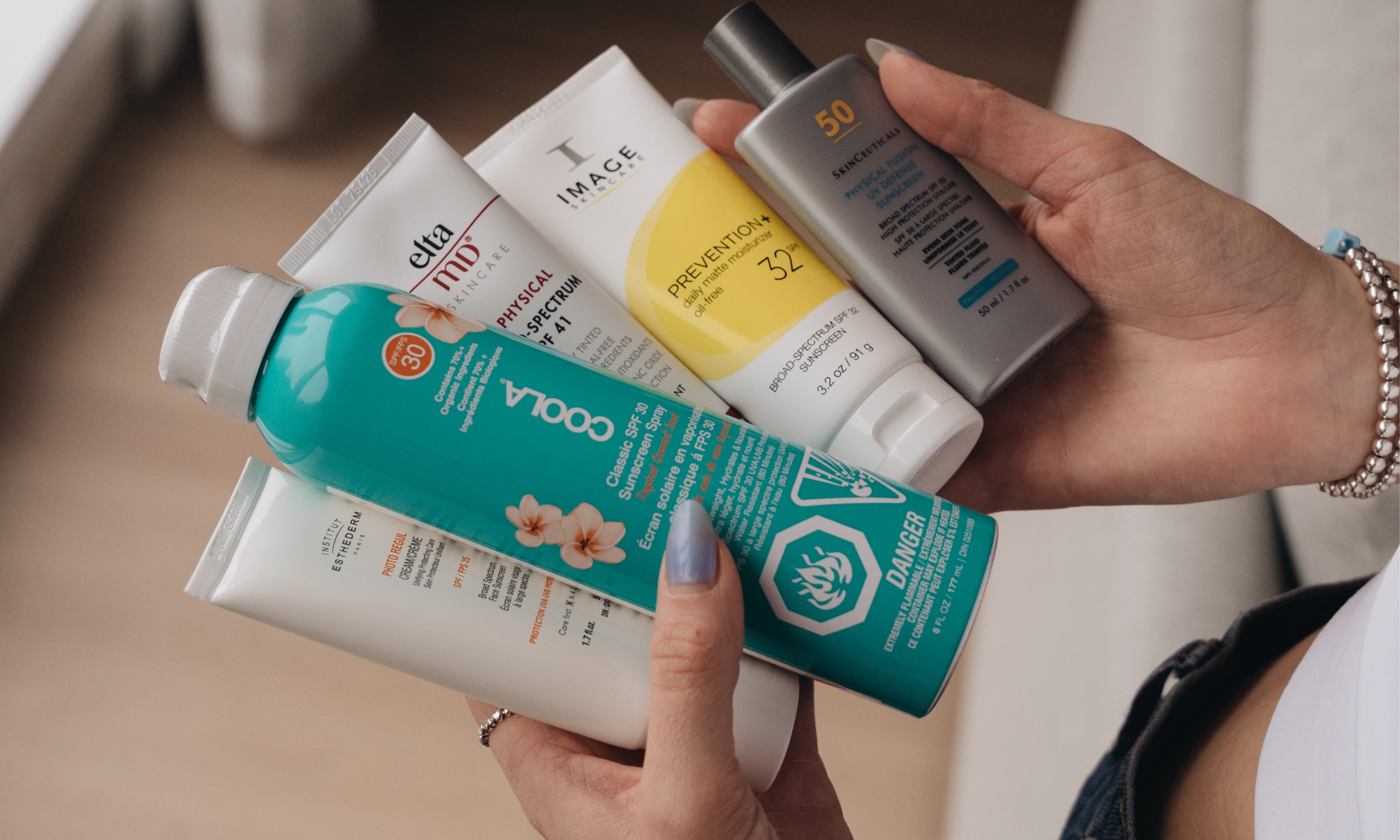
Understanding Collagen
You hear about it all the time. Collagen this, collagen that, collagen supplements, collagen-boosting, collagen loss, and probably more that we’re forgetting. What is it about collagen that makes it so important, and so hyped?
To answer your most common questions, we put together all you need to know in order to get a better understanding of what collagen is, how it works, and why it's super important to your skincare regimen.
WHAT IS COLLAGEN?
Collagen is a structural protein that makes up the framework of your cells and tissues. Like all proteins, it serves as one of the main building blocks for muscles and bones. However, this one plays a particular role in the development of skin, hair, tendons, and ligaments.
There are two forms of collagen:
- Endogenous collagen is natural collagen, made naturally by the body.
- Exogenous collagen is synthetic and comes from an outside source such as supplements in powder, capsule, or even liquid form.
WHAT DOES COLLAGEN DO?
Collagen’s fiber-like structure is used to make connective tissue and plays important roles in cellular processes, including tissue repair, immune response, as well as communication and migration between cells (which is essential for tissue maintenance).
In the dermis (the middle layer of skin) collagen helps form a fibrous network of cells called fibroblasts, upon which new cells can grow. It also plays a role in replacing and restoring dead skin cells.
COLLAGEN BREAKDOWN
As we age, our collagen production naturally declines. As it also becomes fragmented and more loosely distributed, it can lead to the appearance of characteristic signs of aging, like sagging, wrinkling, and cellulite.
While collagen loss is inevitable, certain lifestyle factors can accelerate this process. Smoking, excess alcohol consumption, UV light from the sun, and diets high in fat, sodium, and sugar can all accelerate these effects.
Dermatologist Dr. Ohara Aivaz explains that there are things you can do to promote collagen formation. “For example”, he says, topical treatments like retinol are scientifically proven to promote collagen formation. Additionally, antioxidants such as vitamin C can reverse the inflammation that causes damage to the collagen in your skin.”
Nutrients that may support collagen formation include proline, Vitamin A and C, Copper, and anthocyanidins. And of course, adding a collagen supplement to your diet can always be beneficial!
VITAL PROTEINS MARINE COLLAGEN PEPTIDES - $52
BEND BEAUTY MARINE COLLAGEN+ CO-FACTORS - STRAWBERRY - $52
VITAL PROTEINS MATCHA COLLAGEN - $59
Wondering which skincare products can help mitigate the effects of a decrease in collagen? Check out a few of our favorites below:
BABOR COLLAGEN CREAM RICH - $165
GM COLLIN PARIS NATIVE COLLAGEN GEL - $102
SKINVACIOUS NIACINAMIDE & COLLAGEN SERUM - $66
MAGICSTRIPES WAKE ME UP COLLAGEN EYE PATCH - $56
Until next time,
The BSE Team


















Leave a comment
This site is protected by hCaptcha and the hCaptcha Privacy Policy and Terms of Service apply.